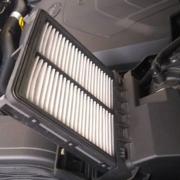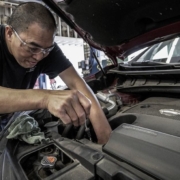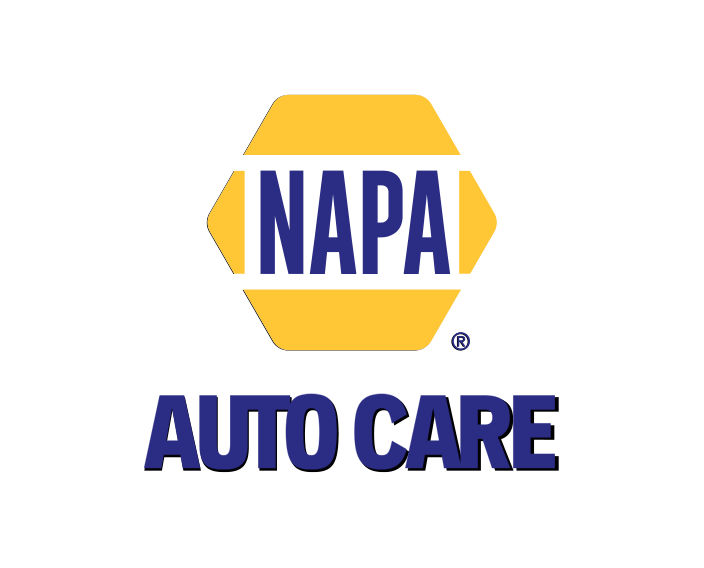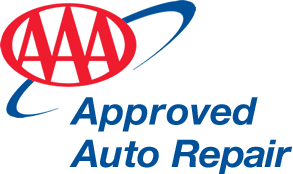Save $15 Off Your Next Oil Change!

When your vehicle’s air filter or cabin air filter gets dirty; it can’t shake it off. That’s why they both need to be inspected and replaced routinely.
Now until April 30th when you get an oil change at Advanced Auto Clinic in Delavan you’ll save $15 instantly when you have a qualifying NAPA Air Filter or Cabin Air
Filter installed! It’s time to help yourself and your engine breathe easier with new NAPA Air and Cabin Air Filters installed today.
Head over to (Advanced Auto Clinic and save $15 off your next oil change today!
OIL CHANGES
An oil change at your local Delavan WI auto shop: Sounds simple, but there’s some pretty important things to know about preventing oil sludge.
Oil eventually starts to turn into jelly. Literally – petroleum jelly. Sludge clogs up oil passages and keeps oil from getting to some areas of the engine, causing parts to wear out prematurely. And that means expensive engine repairs.
That’s why you need to change the oil and oil filter on schedule – to get the old oil out before it turns to sludge. Your manufacturer will have a recommendation for how many miles you can go between oil changes. They also usually have a number of months between recommended oil changes. That’s because the detergents and other additives in the oil break down over time.
Your owner’s manual will have a recommendation for time and mileage, but you need to remember that it’s based on using the recommended weight of oil. And if your vehicle came from the factory with synthetic oil, the recommended intervals assume you continue to use synthetic.
Also how you drive around Delavan WI can have a big effect. Most owner’s manuals will have a list of driving conditions that are harder on your vehicle. Things like stop and go driving in Delavan, short trips to , driving in very hot or very cold weather, heavy loads and towing. If some of your driving fits this, you may need to change your oil and do other maintenance on a shorter schedule.
This may sound complicated. Some vehicles in WI have an oil life calculator that takes all of these factors into account and tells you when you should change your oil. Otherwise, talk with your WI service advisor at Advanced Auto Clinic about how you drive and get her recommendation for when to take care of your service.
Finally, if any of the steering or suspension parts can be lubed, your technician at Advanced Auto Clinic will take care of that with a lube, oil and filter service.
Make an appointment today by calling (262) 728-2944 or schedule an appointment online right now here.















